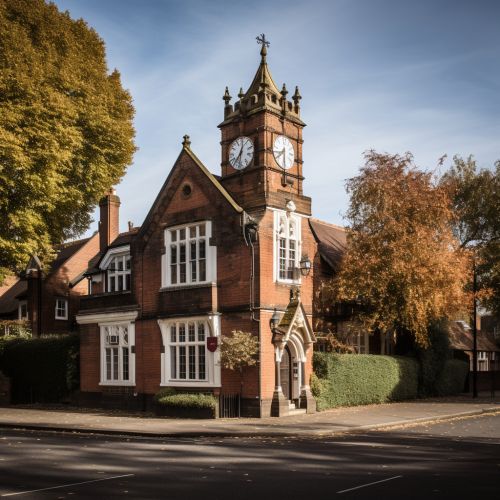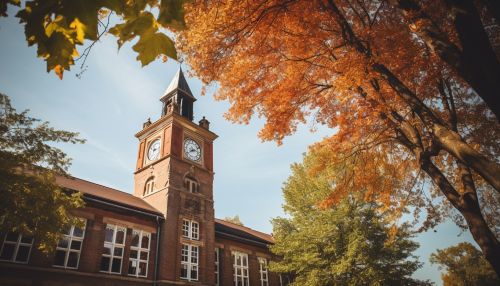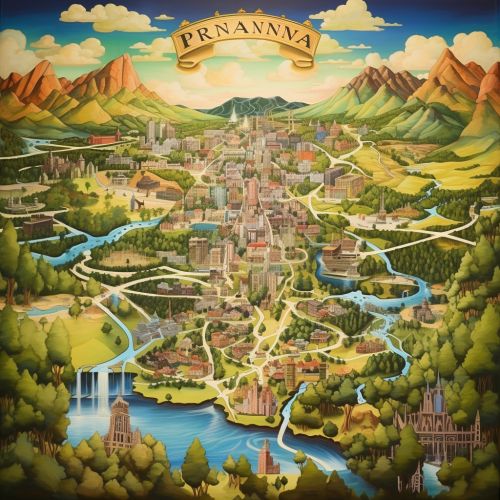William Penn
Early Life
William Penn was born on October 14, 1644, in London, England. His father, Admiral Sir William Penn, was a distinguished naval officer and a favorite of King Charles II. His mother, Margaret Jasper, was the daughter of a wealthy Dutch merchant. Penn was raised in a wealthy Anglican household and received a comprehensive education. He attended Chigwell School, where he was exposed to Puritan teachings, which would later influence his religious beliefs.


Education and Conversion to Quakerism
In 1660, Penn enrolled at Christ Church, Oxford. He was a diligent student, but his studies were interrupted when he was expelled for criticizing the Anglican Church. After his expulsion, Penn traveled to Ireland, where he had a religious experience that led him to join the Quaker movement. This decision was met with disapproval from his family and society, as Quakers were heavily persecuted during this period.
Founding of Pennsylvania
In 1681, Penn petitioned King Charles II for a land grant in the New World to establish a haven for Quakers. The King granted his request, and Penn became the proprietor of a vast territory that he named Pennsylvania, meaning "Penn's Woods". He drafted a constitution, known as the Frame of Government of Pennsylvania, which established a democratic system with freedom of religion, fair trials, elected representatives, and separation of powers.
Later Life and Death
Penn returned to England in 1701 and faced numerous financial and legal challenges. He suffered a series of strokes in 1712, which left him unable to manage his affairs. He died on July 30, 1718, in Ruscombe, Berkshire, England. His vision of a democratic society with religious freedom was a significant influence on the formation of the United States Constitution.
Legacy
Penn's legacy is evident in the democratic principles that underpin the United States Constitution. His commitment to religious freedom, fair trials, and representative government laid the groundwork for the American democratic system. His vision for Pennsylvania as a haven for Quakers and other religious minorities set a precedent for religious tolerance in the New World.
See Also


